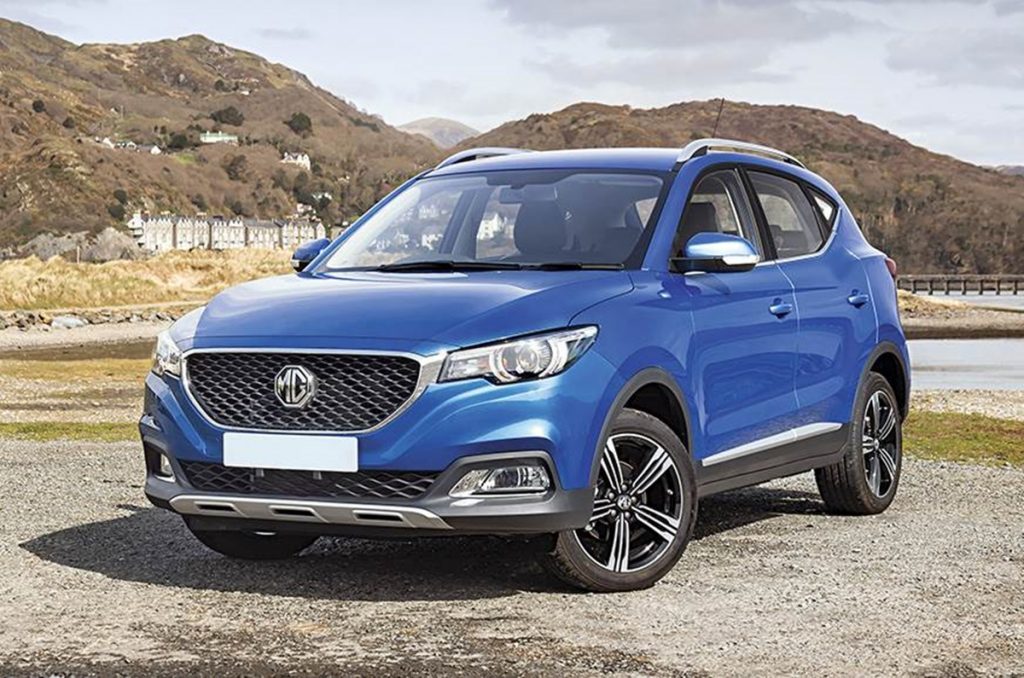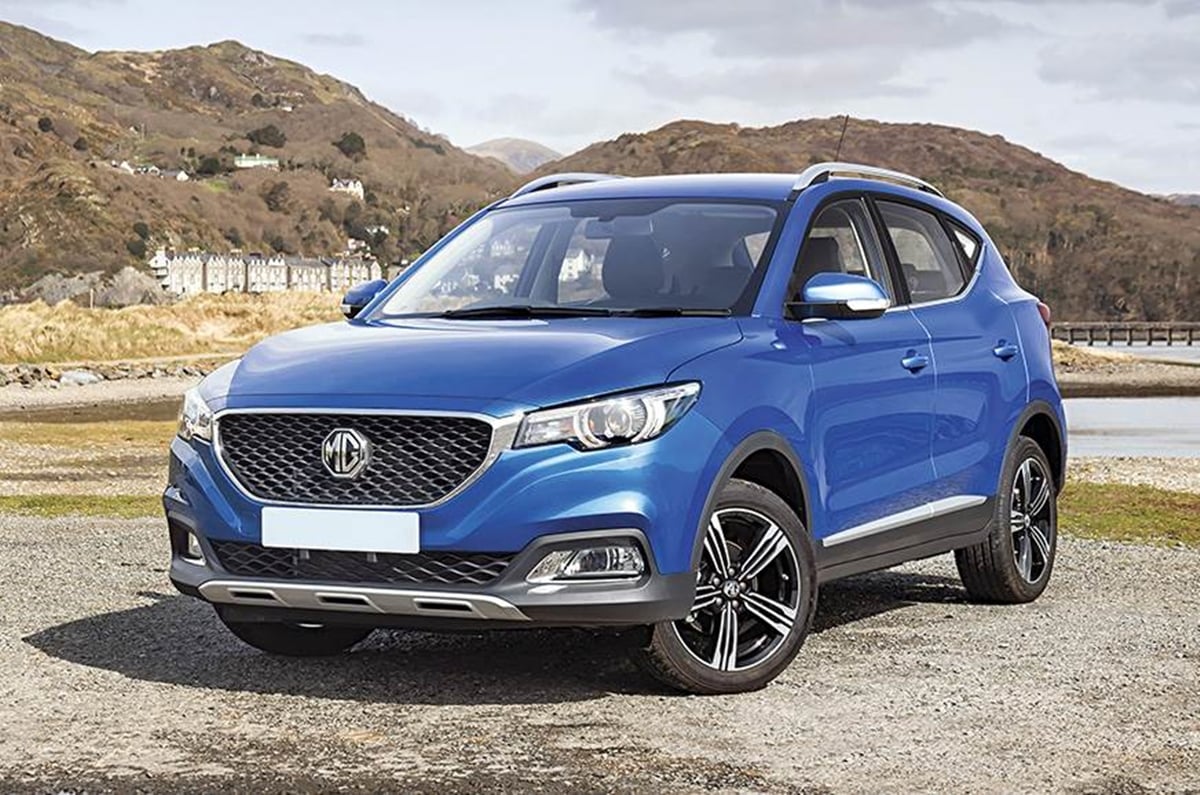The MG ZS petrol SUV is expected to arrive in India by early next year with a mild facelift. The 1.0L, three-cylinder petrol engine produces 111bhp and 160Nm of torque.
MG Motors has already launched the ZS EV in India and it has indeed received a favorable response. Now, we can confirm that MG Motors will also be launching the ZS SUV with a petrol engine in India. We had reported earlier as well that the MG ZS could get a petrol engine in India and while that will still speculation, we have more concrete news on it now.

The ICE MG ZS SUV will be powered by a 1.0-litre direct-injection petrol unit that puts out 111hp and 160Nm of torque in India. MG claims that the ZS will have a top speed of 180kph and a 0-100kph time of 12.4sec. The engine is also said to be quite responsive with an impressive torque delivery. The engine will likely come mated to a 6-speed automatic transmission.
However, the MG ZS petrol is still some time away and it wouldn’t hit showrooms until early next year. That could mean that we might be getting the mildly facelifted version that’s on sale internationally. It comes with a sportier and better-specified interiors. In fact, quality levels in the cabin are a bit of a step up, compared to those on the ZS EV.
Also Read : New MG Sedan To Debut At The 2020 Auto Expo!
The ICE powered MG ZS SUV will be considerably lighter than the electric version, for obvious reasons. You could thus expect more agility and better handling from the ZS petrol. If MG is able to price the ZS petrol competitively, it is sure to appeal to the Indian audience in the definitive way. It is expected to have a starting price of around Rs 16 lakhs.
Also Read : MG New SUV To Be Named Gloster; To Be Priced More Than 40 Lakhs
Currently, the India-spec MG ZS EV is powered by a synchronous motor that produces 141 bhp and 353 Nm of peak torque. The car gets a 44.5 kWh battery pack that promises a maximum range of about 340 km on a single charge, and the ZS EV can go from 0-100 kmph in just 8.5 seconds. The lithium-ion unit can be charged up to 80 per cent in 40 minutes with a 50 kW DC charger, or takes up to seven hours with a standard 7.4 kW AC charger. As for the ICE counterpart, we expect to hear more about it perhaps at the 2020 Auto Expo. Stay tuned for more updates.


